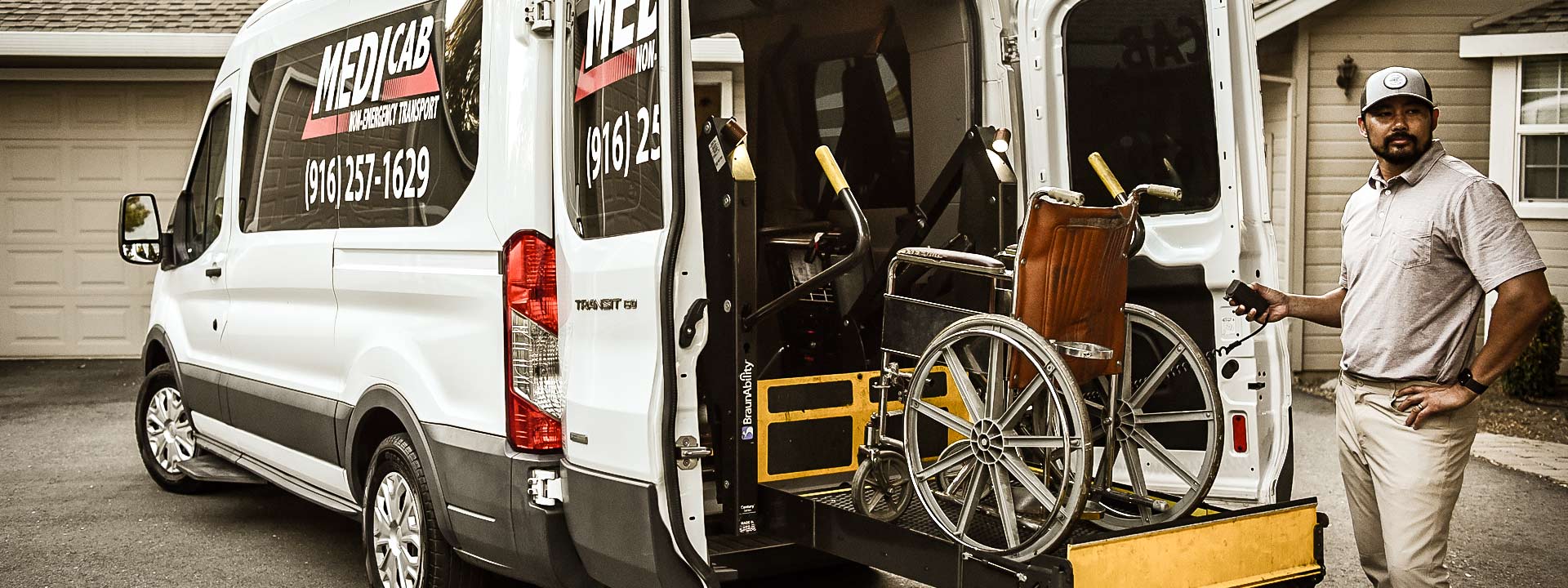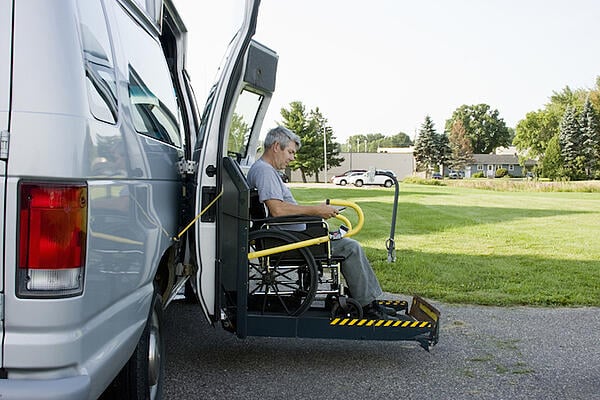Accessible Medical Transportation Services: Placing Your Health And Wellness First
Accessible Medical Transportation Services: Placing Your Health And Wellness First
Blog Article
Economical and Accessible Medical Transportation Options for Every Circumstance
In the realm of health care, the capacity to accessibility clinical solutions is critical, yet the difficulty of affordable and easily accessible transport can often hinder individuals from receiving necessary care. By exploring specialized clinical transport services, community transportation programs, ride-sharing and taxi services, non-emergency medical transportation, as well as public transportation and paratransit alternatives, people can discover avenues that cater to their specific needs and guarantee they get the care they need.
Specialized Medical Transportation Solutions
Specialized medical transport solutions play a critical function in guaranteeing safe and reliable transportation for people needing specialized care throughout transit. These solutions cater to patients with one-of-a-kind medical needs, such as those needing constant tracking, specialized devices, or medical treatments during transportation. By utilizing specifically complete cars and trained medical employees, specialized medical transport solutions guarantee that people get the essential care while being moved between health care centers, houses, or other places.
One secret facet of specialized clinical transportation services is the emphasis on client comfort and safety. Clinical transportation groups are trained to handle various clinical problems and emergencies that may develop throughout transportation, giving a greater level of treatment than typical transport options. Furthermore, these solutions frequently supply door-to-door support, decreasing the anxiety and pain that people may experience throughout transfers.
Area Transport Programs
Having actually resolved the crucial role of specific clinical transportation services in ensuring risk-free and efficient transport for individuals with unique medical requirements, the focus currently moves to analyzing Area Transportation Programs - medical transportation. These programs play a vital duty in supplying budget-friendly and available transport services for the basic populace, including elders, people with specials needs, and low-income families who may encounter challenges in accessing conventional transport alternatives
Neighborhood Transport Programs incorporate a variety of services such as fixed-route buses, paratransit services, volunteer motorist programs, and ridesharing campaigns. These programs are often subsidized by regional governments, charitable organizations, or personal business to make sure that people have reliable transport options to reach medical appointments, grocery stores, social activities, and various other important destinations.
Ride-Sharing and Taxi Providers

One of the crucial benefits of ride-sharing and taxi solutions is their accessibility. These solutions run 24/7, allowing individuals to take a trip to clinical consultations, drug stores, or healthcare facilities any time of the day. In addition, ride-sharing and taxi solutions deal with people with wheelchair difficulties by using wheelchair-accessible automobiles upon request.
Furthermore, ride-sharing and taxi services can be particularly advantageous for people staying in locations with limited mass transit alternatives. By linking the space between home and healthcare Continue centers, these services play a crucial role in ensuring that every person has access her response to essential clinical services.
Non-Emergency Medical Transportation

Non-Emergency Medical Transport service providers generally employ skilled workers who are experienced in aiding people with varying clinical needs (medical transportation). These experts make certain that patients are safely delivered to their locations in a prompt manner, dealing with any type of certain needs or clinical equipment required during the journey. By providing door-to-door service, Non-Emergency Medical Transport improves the general availability of health care for people who might or else have a hard time to go to vital clinical appointments. Overall, these solutions contribute significantly to enhancing health care results by assisting in the seamless transport of people to non-urgent clinical facilities.
Public Transit and Paratransit Options
Public transportation and paratransit options provide essential transportation solutions for people with varying wheelchair demands, making sure accessibility to vital destinations such as medical centers and consultations. Public transit systems, including buses, trains, and trains, give an economical and extensively available mode of transportation for people seeking to reach clinical appointments. These solutions are particularly beneficial for those that might not have access to exclusive cars or call for assistance because of flexibility challenges.
Paratransit solutions provide specifically to individuals with handicaps that are unable to utilize standard public transportation. These services provide door-to-door transport, suiting people with mobility devices, walkers, or other movement aids. Paratransit automobiles are outfitted with features such as wheelchair ramps and securement systems to guarantee the safe and comfortable transportation of passengers with varying mobility requirements.

Conclusion

Report this page